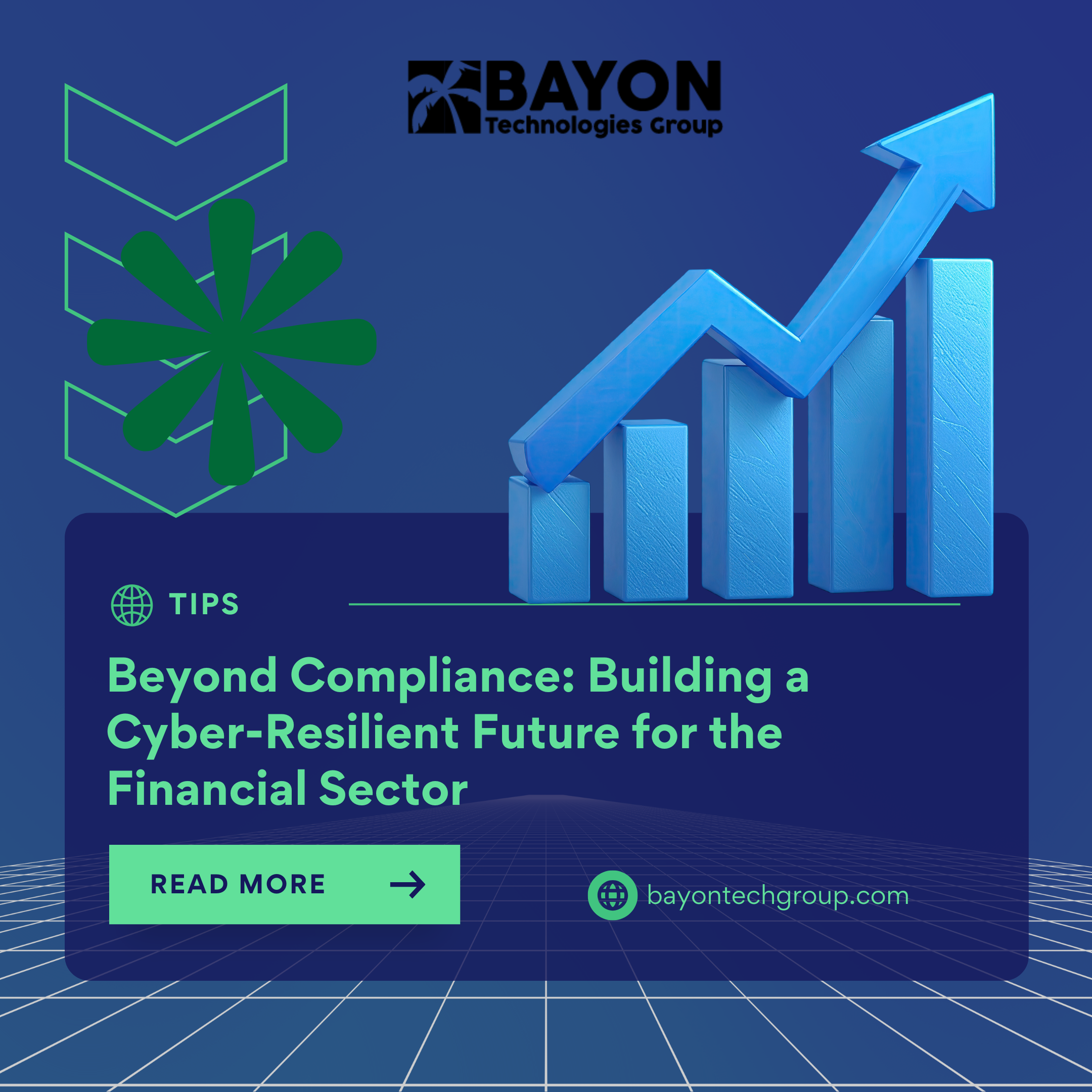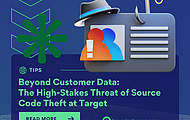Beyond Compliance: Building a Cyber-Resilient Future for the Financial Sector

Trust is the most valuable asset in the financial sector. Consumers trust institutions with their financial futures, sensitive information, and life savings. This makes banks, credit unions, and fintech businesses easy targets for fraudsters, turning cybersecurity from an IT problem to a vital component of client trust and company continuity.
The financial sector is subject to intense regulatory monitoring. Frameworks like as GDPR, SOX, and the FFIEC's recommendations are not arbitrary obstacles; rather, they constitute a necessary guideline for creating a security baseline. They require stringent access control, thorough incident response strategies, and strong data protection procedures. Achieving and upholding compliance is a must for any financial firm.
However, seeing compliance as the end goal is a crucial error that many firms make. In actuality, security is not ensured by checking every box on a regulation list. A genuinely secure firm will almost likely be compliant, yet even a compliant system may have flaws. Building a security posture that goes above and beyond the bare minimum must be the aim.
The Changing Threat Environment
Complex internal vulnerabilities and advanced external threats present financial firms with two challenges.
- Advanced Persistent Threats (APTs): Criminal and state-sponsored organizations carry out focused, protracted efforts to breach networks and steal money or information.
- Ransomware: These attacks have the ability to stop vital operations, resulting in enormous financial losses and irreversible harm to one's reputation.
- Insider Threats: Employee behavior, whether intentional or unintentional, poses a serious danger, highlighting the necessity of stringent access restrictions and ongoing oversight.
- Third-Party Risk: Because contemporary finance is interrelated, a weakness in a vendor's system could directly endanger yours.
A Proactive Defense Strategy
It takes a proactive, multi-layered security approach to go beyond a compliance-check mentality:
- Establish a Security-First Culture: It's critical to provide ongoing training for staff members. Each team member needs to be aware of their role in data protection and cyber hygiene.
- Put into practice the zero trust architecture by following the tenet "never trust, always verify." Regardless of whether they are inside or outside the network, all individuals and devices attempting to access resources must undergo rigorous identity verification.
- Adopt Advanced Threat Detection: Make use of AI-powered security solutions that are able to recognize risks that conventional signature-based systems would overlook by detecting and reacting to unusual activity in real-time.
- Make Data Encryption a Priority: Make sure that all sensitive data, in transit and at rest, is encrypted so that, even in the event of a breach, attackers cannot access it.
Partner with Bayon Technologies Group for Financial-Grade Security
At Bayon Technologies Group, we understand that the financial sector’s security needs are unique. The stakes are simply too high for a one-size-fits-all solution. We partner with financial institutions to build resilient, forward-looking security programs that not only meet regulatory demands but also actively defend against evolving threats.
Our tailored services include comprehensive risk assessments, the implementation of advanced security frameworks, and 24/7 managed detection and response services. We help you build the layered defenses necessary to protect your assets, your customers, and your reputation.
Don't just check boxes—build confidence. Secure your institution’s future with Bayon Technologies Group!
‹ Back







